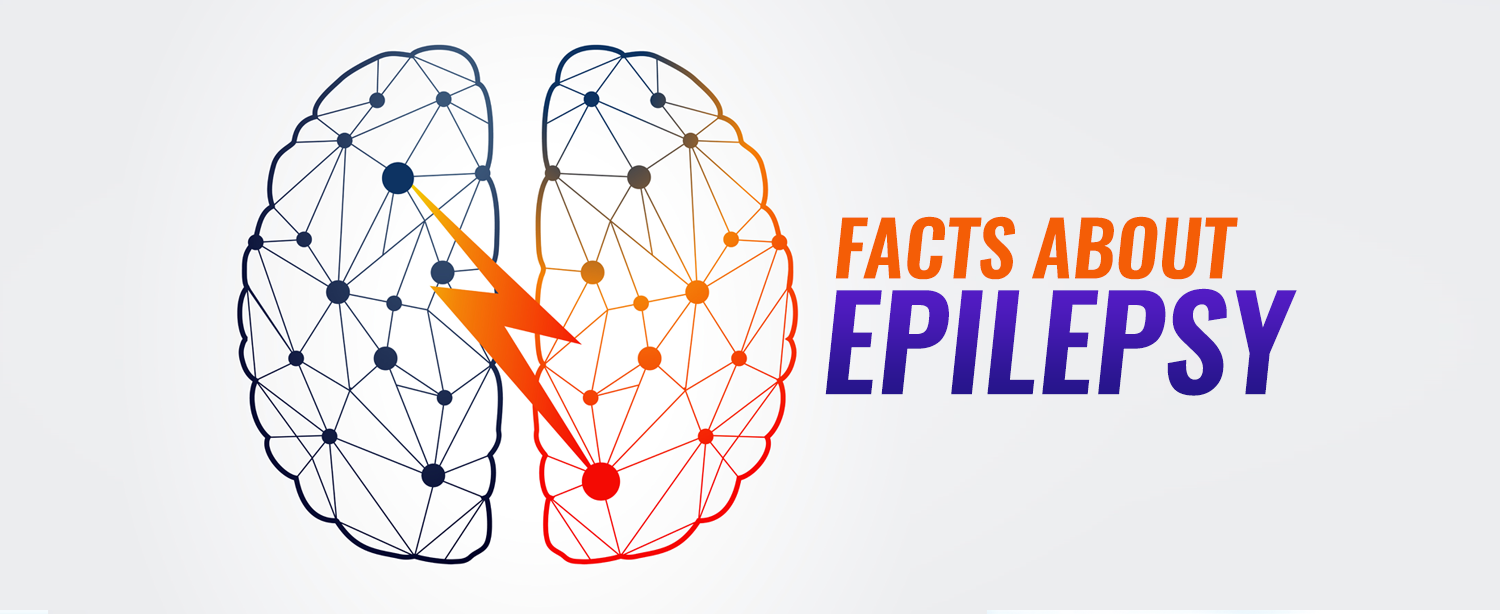What is Epilepsy?
Epilepsy is the name of the medical condition where a patient gets recurrent seizures. Seizures are also more commonly referred to as “fits” or “convulsions”
Is epilepsy common?
Epilepsy is a common neurological condition that affects 1 in every 200 people in the community. People with epilepsy have seizures or “fits”.
Are there different types of fits?
The normal brain continuously has electrical currents in a controlled manner. Fits or seizures occur because of brief excessive currents in the brain. The symptoms of a seizure vary depending on the part of the brain that has abnormal current.. Accordingly there are different types of fits or seizures.
Grand mal seizure:
The classical “grand mal” seizure is a result of the current invading the entire brain.. in this type of seizure the person falls to the ground and becomes stiff and then shakes all over. There may be frothing at the mouth… the person may lose urine and also bite his tongue. These are commonly called “convulsions”
Partial seizures
These are seizures due to abnormal current in only some portion of the brain, the symptoms may vary with the location of the current.
Simple partial seizure:
The person is fully aware and has an unusual sensation or jerking of his limbs, and recollects this event later.
Complex partial seizure:
The person is not fully in his/her senses and has some irrelevant automatic behavior. The person cannot recollect this event later. This is called a complex partial seizure.
Can epilepsy be treated?
There have been major breakthroughs in epilepsy treatment in the last few years. Over 70% of the people with epilepsy have a good control of their seizures with medications. Several new medications available over the last decade have very few side effects. At present there are over 15 different types of medications available for the treatment of fits.
Is epilepsy one disease?
Epilepsy can be of different types, due to different causes, and can greatly vary in severity as well. Therefore the treatment choice and duration has to be tailored to the patient.. The correct choice of medication has to be made, with careful consideration by the doctor. With the right medication and right advice, most people with epilepsy can lead normal lives.
Whom should I approach for treatment of epilepsy?
For the immediate care you may contact the family physician or pediatrician.
To plan the long term care it is advisable to seek opinion of a specialist doctor who treats epilepsy viz a neurologist or an epilepsy expert.
Can medications cure epilepsy?
Medications suppress seizures and keep the patient seizure free, but they do not remove the tendency to seizures. A large percentage of patients outgrow the tendency to more seizures with age, and can eventually discontinue medications.
Is it true that epilepsy can be cured with brain surgery?
About 20-30% of people with epilepsy continue to have seizures despite medications.
Some of these patients may be helped with brain surgery.
Patients have to be carefully selected for epilepsy surgery with some detailed testing. In correctly chosen patients, surgery is safe and can cure epilepsy. The person can become free of seizures and may even be able to gradually stop all medications.
What precautions should a person with epilepsy take?
- Seek out the correct medical help from the expert doctor.
- Regularity with medications is of utmost priority, even when there are no fits.
- Sleep and meal times have to be regular. Lack of sleep is known to precipitate seizures.
- Avoid driving motorized vehicles, swimming, cooking on open fires or working with heavy machinery if the epilepsy is active.
A person with epilepsy can study, work, have hobbies, marry and have normal children. Epilepsy need not be a barrier to achieving the highest goal.


